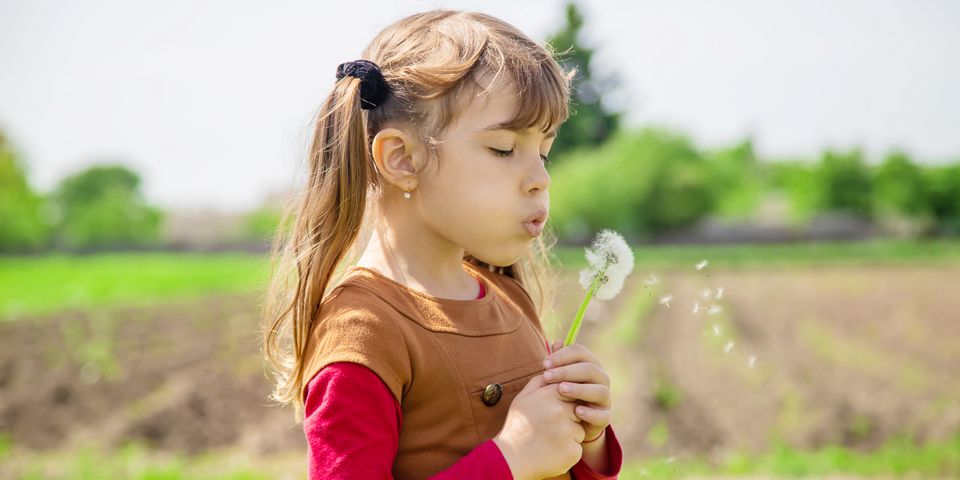
Spring showers have invited flowers, trees, and other plants to bloom, which means allergy season is in full swing. Though tree pollen season declines before the official start of summer, the impact of spring allergens can be stubborn. If your child suddenly has sniffles that can’t be explained by illness, they may benefit from an allergy evaluation to confirm the cause. Here's a closer look at detecting and treating the most common seasonal allergies in kids.
What Are the Signs of Seasonal Allergies?
Seasonal allergies present the same in children as they do in adults, but young children may not be able to articulate their symptoms well. Here are the signs parents can watch out for:
- Itchy, stuffy, or runny nose
- Sneezing
- Red, itchy, and watery eyes
- Puffy eyelids or dark circles under eyes
- Sore throat
- Coughing from postnasal drip
Sometimes these symptoms can be mistaken for the common cold, but colds typically go away within a week or so. If your child’s symptoms persist, allergies may be the cause. Contact your pediatrician to schedule an allergy evaluation.
What Are the Most Common Spring Allergies?

In most cases, spring allergies are triggered by pollen from trees, grasses, and weeds. Elm, willow, ash, poplar, and pine trees, as well as Bermuda grass, saltgrass, and sweet vernal grass, are common allergens.
Spring rains and the rise in humidity, which stays throughout the summer, also attract mold growth, which can cause reactions in children sensitive to mold spores. Many kids are also allergic to certain insect bites and stings.
How Are They Treated?
The best way to prevent allergic reactions is to avoid the cause altogether. This isn’t always possible, especially when allergens are outside and airborne, but there are steps you can take to keep your child comfortable.
During the spring, check weather apps every morning for pollen and ragweed counts. Keep windows and doors closed during peak periods and consider having your child stay inside. When they come home, have them take their shoes off at the door to avoid tracking substances inside. They should bathe or shower at the end of the day to remove lingering allergens. Steam from warm baths can help clear up congestion, and warm tea with honey and lemon can soothe a sore throat.
Medications are an effective method for treating allergies. Talk to your child’s pediatrician about the safest and most suitable medications for your little one. The most common allergy medications include antihistamines, nasal sprays, eye drops, and allergy shots.
If you suspect your child is dealing with spring allergies that linger into summer, bring them to Mante Pediatrics for an allergy evaluation and treatment. This Rock Hill and Chester, SC, primary care clinic provides comprehensive pediatric services for kids from infancy to early adulthood, including immunization, ADHD evaluations, skin treatment, and sports physicals. They tailor care to each patient’s unique needs to promote healthy growth and development. Visit their website for more information about pediatric care or call (803) 385-2075 to schedule an appointment.
About the Business
Have a question? Ask the experts!
Send your question

